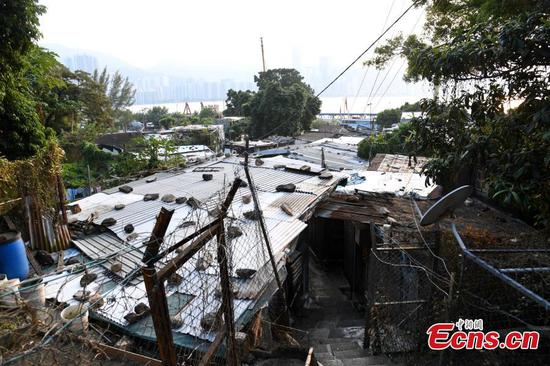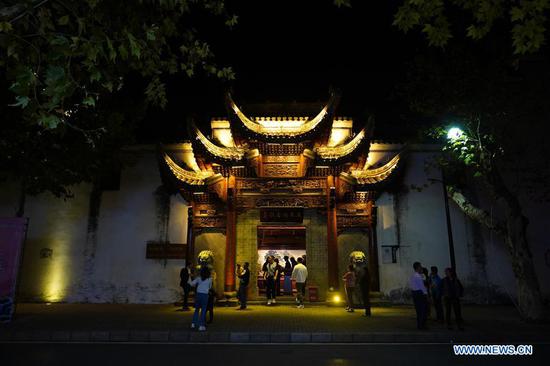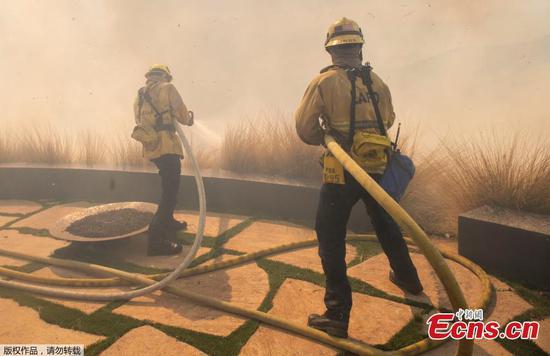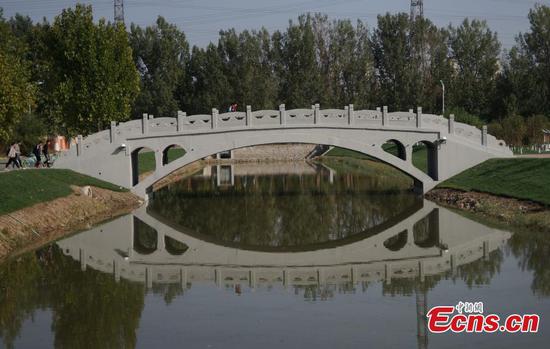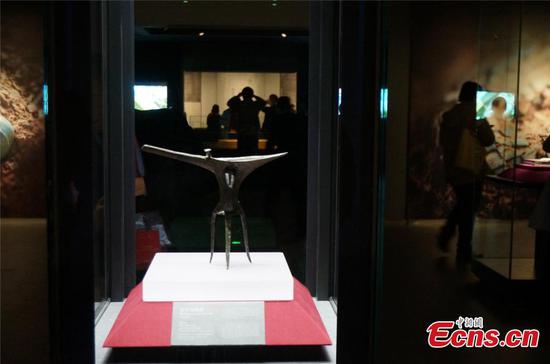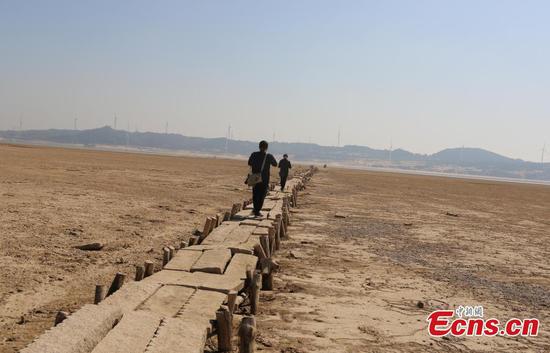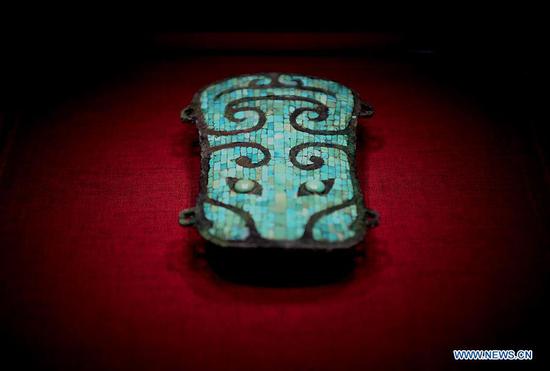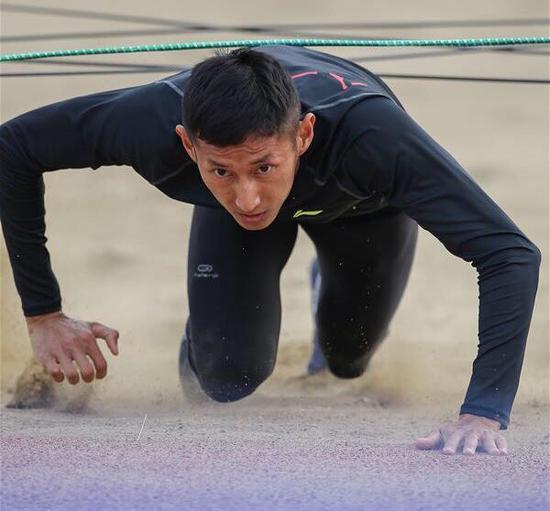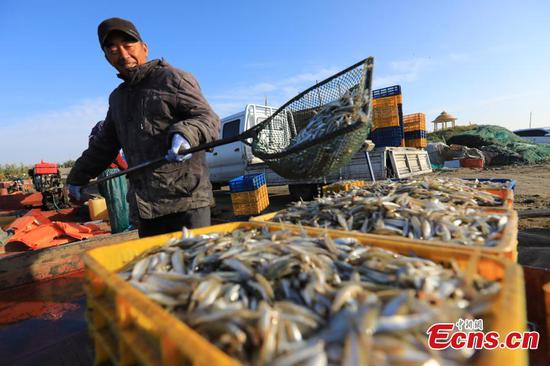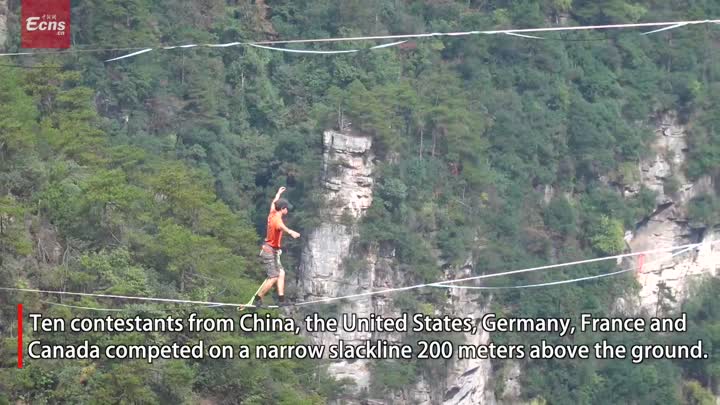China's revised law to protect minors was submitted for review on Monday, with new articles stressing the need to curb school bullying and internet obsession.
The draft was not disclosed in full, but the Xinhua News Agency reported that two chapters were added, highlighting government's and school's responsibilities to prevent school bullying and cyber addiction.
The public has been calling for the revision of the law for a long time. A survey of primary and middle school students showed that more than 32 percent have experienced school bullying, while six percent are frequently bullied.
Schools are required to establish a mechanism to prevent school bullying, and report the situation to parents or guardians. They are also being asked to cooperate with authorities in handling such incidents.
A latest revision of the Law on the Protection of Minors in 2012 does not have specific articles targeting school bullying.
Wan Daqiang, a Beijing-based lawyer who specializes in child protection, told the Global Times that the revision addressed a key challenge, as school bullying has been "too severe."
Wan noted that a school supervision mechanism and stronger government intervention could help curb school bullying, which is more prevalent among left-behind children who usually have loose connections with their parents.
The mechanism should cover the time children spend outside the classroom, as bullying often happens at dormitories and toilets, Wan said.
In April, a middle school student in Longxi county, Northwest China's Gansu Province was bitten to death by five schoolmates after school.
The latest revision of the law also sets a barrier for people who work in industries who have close contact with minors, which is seen as a response to a question of public concern - abuse, including sexual harassment, of minors. Kindergarten tutors were reportedly beating or needling toddlers, and school teachers sexually abused students in many cases.
Cyberspace protection emphasizes the control of illegal and harmful information, privacy protection and anti-addiction.
A survey on the under-aged use of the internet issued by the China Internet Network Information Center showed that 30 percent of China's 169 million under-aged netizens had been exposed to information on obscenity, violence, drug abuse and gambling. More than 15 percent were harassed and bullied online, or their privacy disclosed.
People who pay attention to the legislative move have called for a ban on clinics offering electroshock to "cure" internet addiction.
A clinic closed by a local government seven years ago was found still using the method on net addicts, many of whom were sent by their parents. Although the center was closed after a public uproar, people suspect similar clinics still exist.










